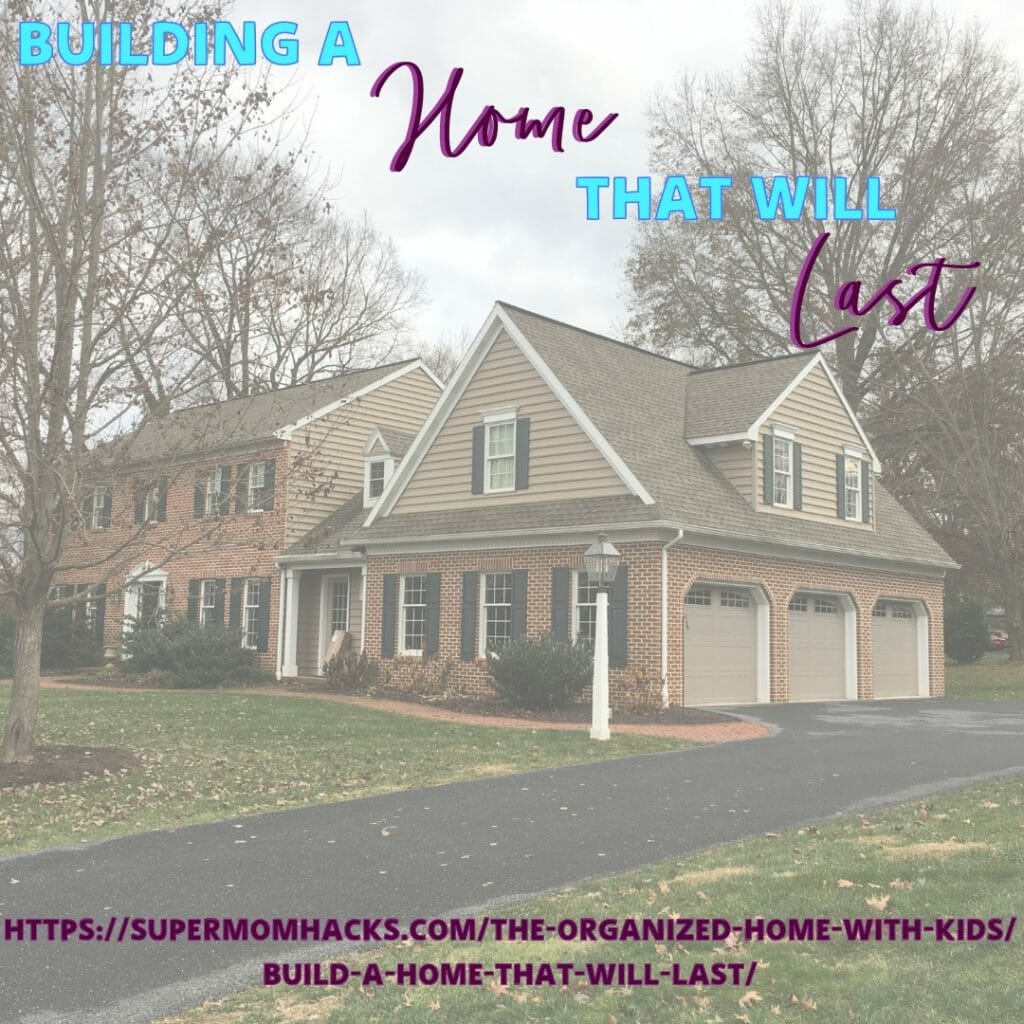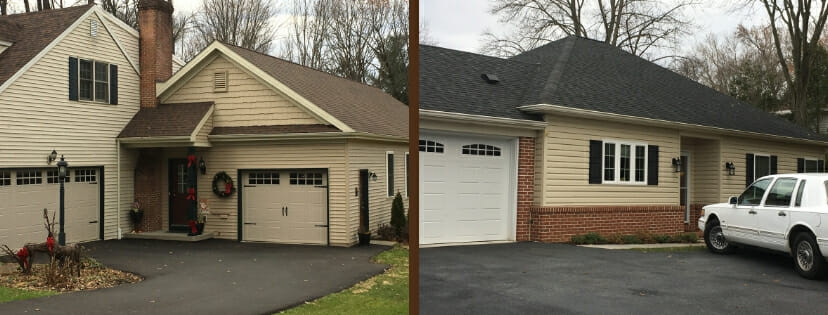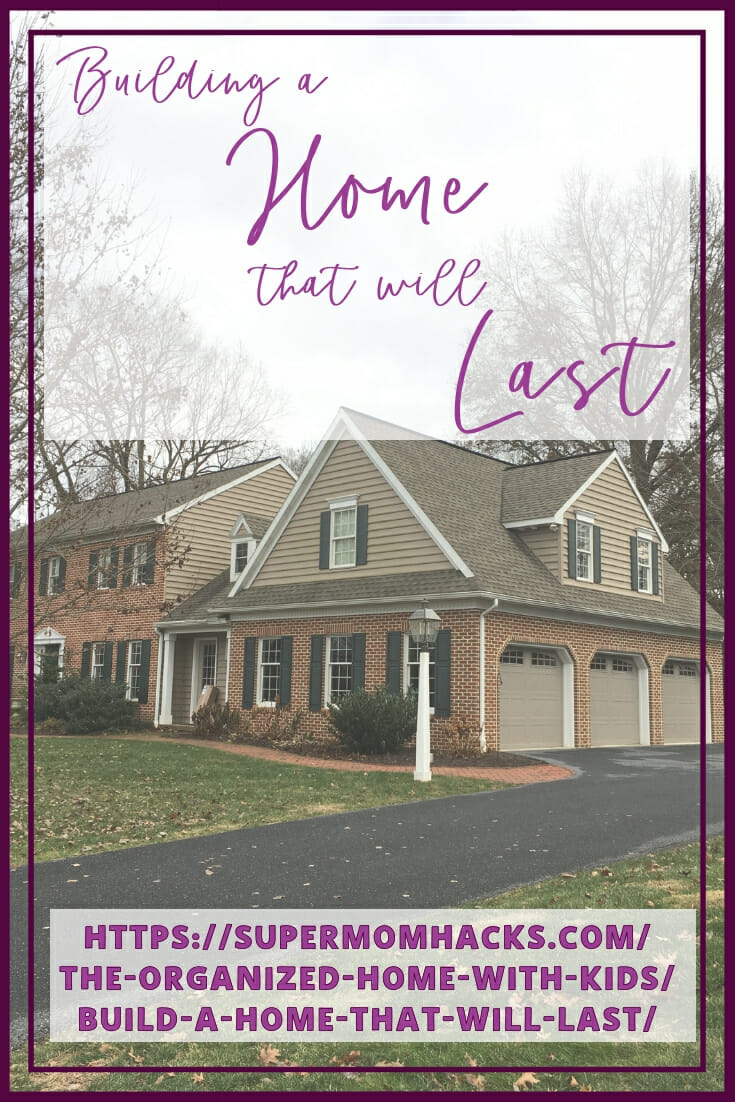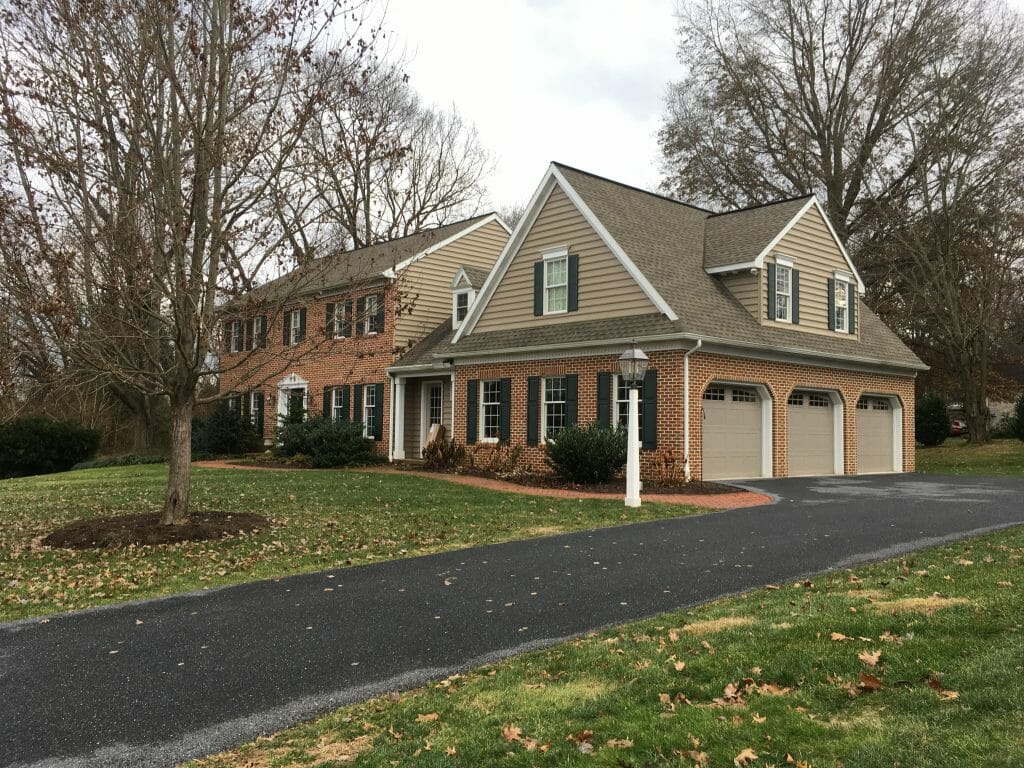For some families, there’s no such thing as a home that will last. They move around on a regular basis. Over time, some people may even crave the excitement of relocating.
When it comes to your family, though, moving around on a regular basis is a bad idea for a few reasons:
- For one, you want your kids to have a stable sense of belonging. That isn’t going to happen if you uproot them every five minutes (or every five years).
- Moving too often is also bad news from a monetary point of view. While property is a fantastic way to make money, you only achieve that goal if you stick around long enough to see increasing prices. Otherwise, you might as well be tossing money down the drain.
For these reasons, you may find it beneficial to settle in a home to last generations when your kids are young. Isn’t there something wonderful about the idea of their growing up and becoming adults in one house? To increase the chances that your family can do this, read on for tips on how to buy, renovate, or build a home that will last your family for decades to come.

This is a collaboration post. However, please know I stand behind everything written here, and only include links to products/services/resources I’m willing to recommend personally.
Choose durable materials
First, choose durable materials for every improvement. You don’t want to skimp on home repairs when shoddy materials could come back to bite you down the road. If you’re going to fix or replace something, you won’t want to have to do so again in five more years.
Want to know what I mean? Don’t go for the cheapest carpet, linoleum, or pressed-wood product for your flooring! You don’t have to buy top of the line, but you want something that will be durable. The more kids and/or pets you have, the more important a product’s longevity is. Choosing something that’s not only durable but also easy to keep clean is equally important.
Same goes for appliances. Again, you don’t need the fanciest or most expensive model out there. But if you’re getting a new appliance anyway, you’re better off getting a slightly better model upfront if it has better energy-efficiency ratings, lower repair costs over time, and a better overall track record than the off-brand options.
So do your homework first. Seek the advice of contractors you’re interviewing. Ask around among friends or neighbors who’ve undergone similar experiences in recent years. Do some research online to see what industry professionals recommend for materials. (Personally, we always start by checking out the unbiased reviews at Consumer Reports via our online subscription.)
And if at all possible, try to time these projects for when you can save some money. (Consumer Reports buying guides are great for this.) We try to save appliance and paint upgrades for late May, because many U.S. retailers have major sales around Memorial Day. Likewise, if you have an indoor project to accomplish, you may have better luck booking a contractor in the fall or early winter months, when outdoor construction tends to slow down.
Leave it to the professionals
The DIY route can be soooooo tempting. Do me a favor: Unless you KNOW you have the time AND APTITUDE to take this on, just don’t go there. Not only will you probably not have the best tools for the job, but it’s almost certain to take you a lot longer than you’d anticipated. That time could be better spent on your family, other pressing home concerns, or (ahem) your paying job.
Example: As I’ve written before, I love a good DIY paint project. But the main reason for this is because I worked my way through school spending summers on a professional paint crew.
For building a home from scratch, or major home renovations, remember this: Looking up how to do something online can’t make up for lack of experience.
Click To TweetInstead of trying to install that hardwood floor yourself, hire someone with both experience and tools. Rather than trying to hang your own siding, get a pro like a Hardie siding contractor to install it for you. Hiring a professional greatly upps the odds that your durable materials will last as long (and as well!) as they’re supposed to. And if anything DOES go wrong, getting the pros to fix it is just a call away (and probably guaranteed anyway!).
Ensure you have room to grow
If you’re building a new home from scratch, or even if you’re just contemplating a move, it’s worth trying to think ahead beyond the next 5-10 years if possible. As I noted above, relocating on a regular basis can be costly and time-consuming. Therefore, it’s worth thinking about not only what your family’s needs are today, but what they could be down the line.
If you move into a property with space to grow, there’s no reason it can’t fit your whole family. Ideally, you’ll even have room to host extended family when you become grandparents someday. On the other hand, maybe it’s worth considering the future potential to add an in-law apartment for your own parents to retire to.
Although this may require some rezoning and special permits, several of our neighbors have done this recently, and it makes perfect sense.

So whether you’re building new or looking to buy, keep in mind things like extension potential – whether that’s a second story, an add-on porch or bedroom, attic conversion or basement finishing, or the ability to add a separate apartment off the side or back. Then, you can bet that house will serve your family for many years to come.
Your turn:
Have you built you own home? Or undertaken any major renovations in recent years? What is your best tip for anyone contemplating a major home-building or renovation project? Let us know in the comments!
If you enjoyed this post on building a home that will last, why not share it with others by pinning this image?

NOTE: This site contains affiliate links. I may earn a small commission from any purchases made through affiliate links, at no additional cost to you. For more information, please read the full disclosure/privacy policy.

